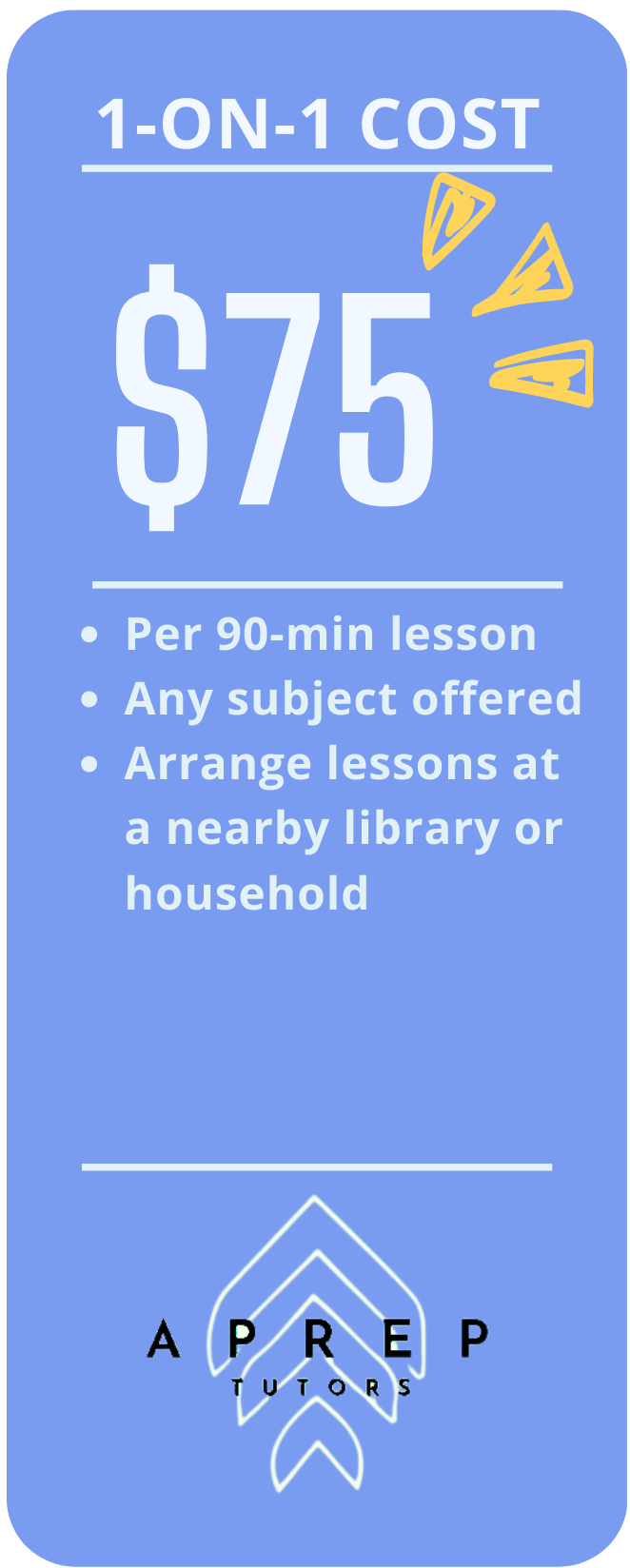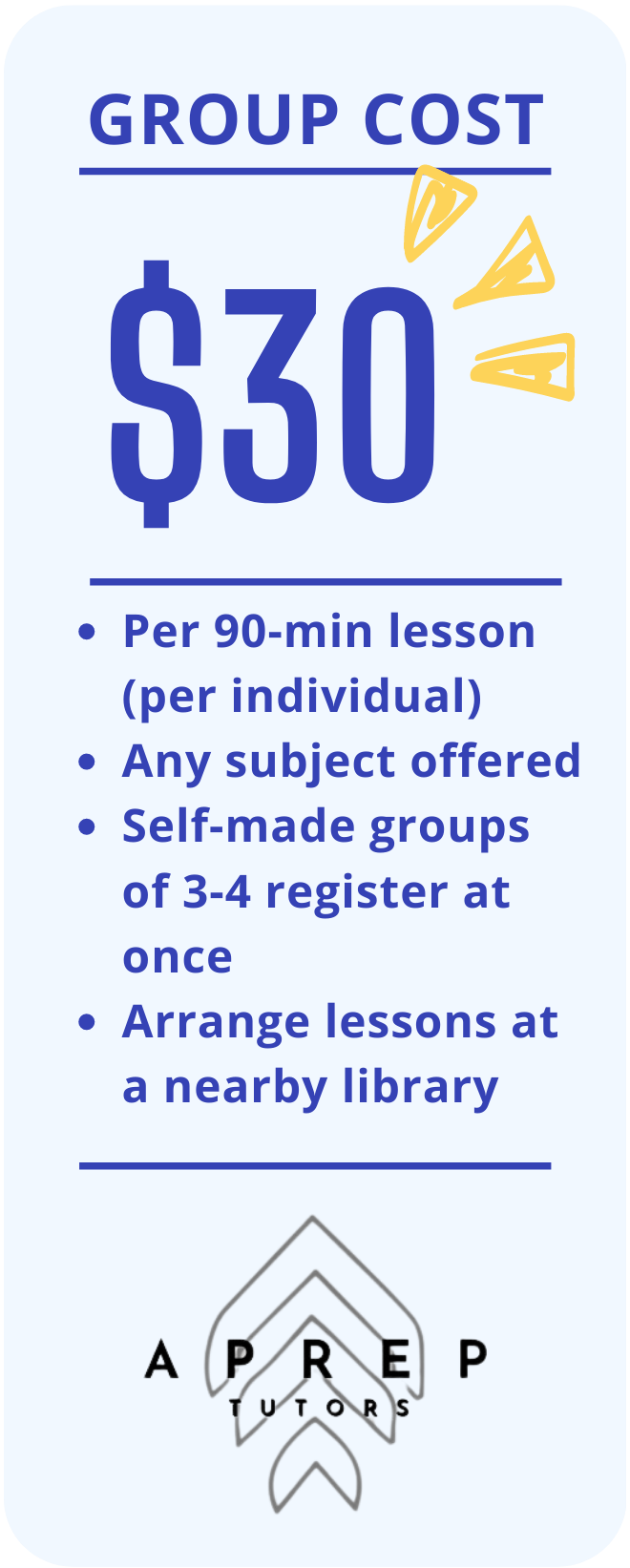Our Mission
Preparing future IB students to excel in examinations with curated lessons, networking with recent alumni, and a vast database of resources specifically for IB students.
IB
graduates
7s
in all courses
97+
final mark averages
Taught by Experienced Graduates
Our tutors are recent graduates of the IB program, scoring top marks in their respective subjects. They will be attending top competitive programs in Canada, such as Waterloo CS, McMaster Health Sciences and Western Ivey. With their fresh academic insight and first-hand experience, they will mentor young students and give them the resources to succeed in high school.



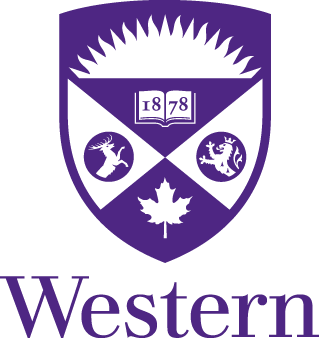
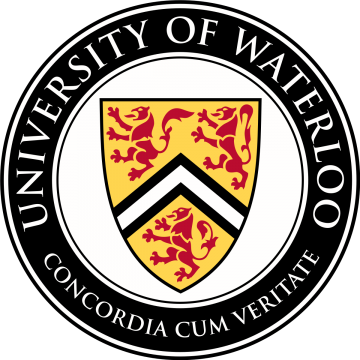
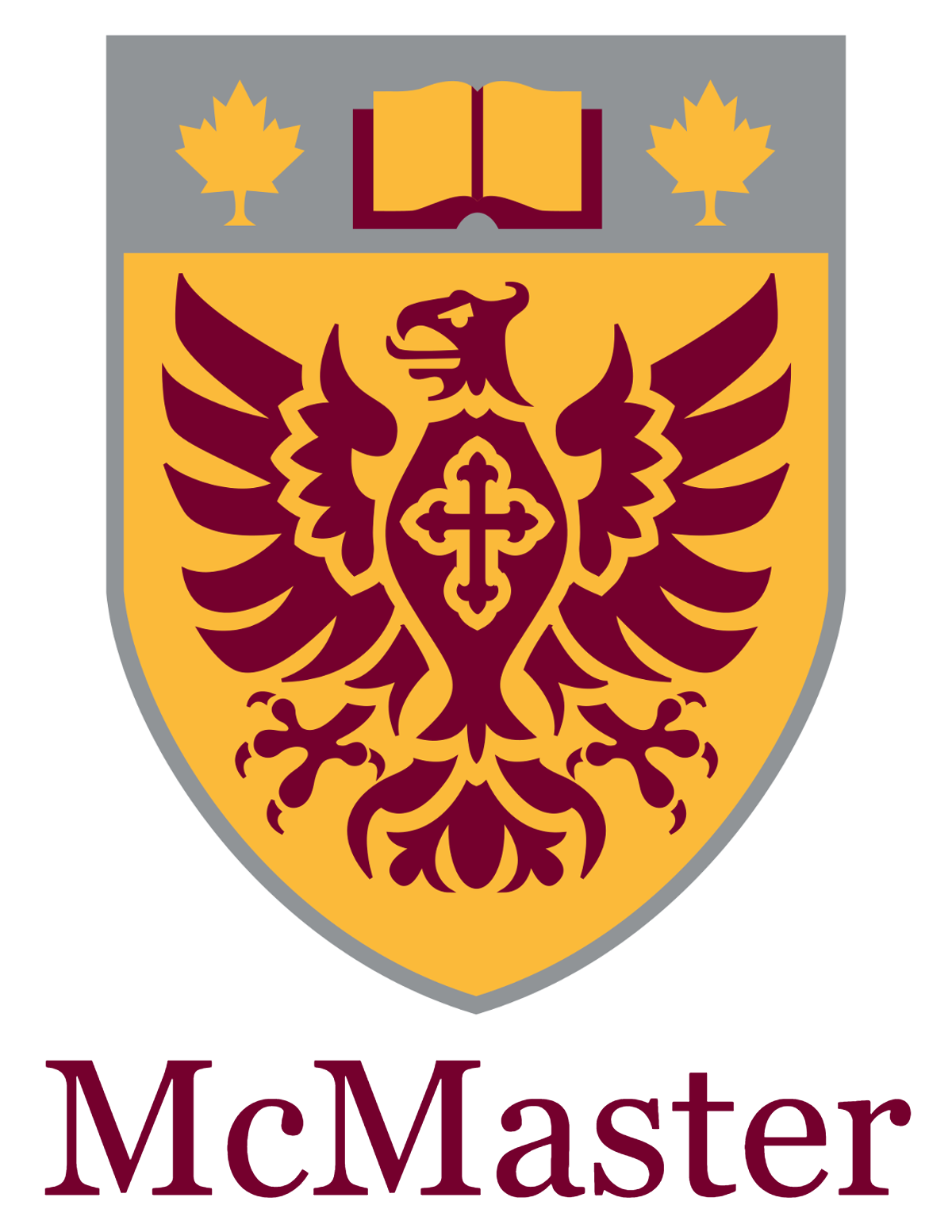
Diversity in Subjects
In the IB Programme, there are HL and SL subjects, which stands for Higher Level and Standard Level. HL subjects require a more extensive and in-depth study compared to SL subjects. While both HL and SL subjects are rigorous and challenging, HL subjects provide students with a deeper understanding and preparation for higher education, while SL subjects offer a solid foundation in the subject area.
Higher level
MATH AA HL
Students studying HL Mathematics investigate a broad range of topics, including differential calculus, probability, trigonometry, complex arithmetic, functions, and linear algebra. Includes an additional problem set similar to mathematics competitions during exams, with a focus on analytical and technical skills. Useful for students planning to study in STEM-related fields in university.
CHEMISTRY HL
HL Chemistry covers many fundamental principles of the subject, such as atomic structure, chemical bonding, organic chemistry, and analytical data. Heavy in content and tends to be considered as one of the hardest higher level courses in the programme. Very useful for students hoping to go into biomedical related fields.
BIOLOGY HL
HL Biology explores the diverse aspects of living organisms, including cell biology, genetics, and ecology. Students develop an understanding of the interconnectedness of life and its relevance to human health, evolution, and environmental sustainability. Memorization and recall-learning is imperative for this course. Helpful for biomedical related fields.
PHYSICS HL
HL Physics compels students to learn a myriad of topics concerning both classical and modern physics, including mechanics, waves, thermodynamics, electromagnetism, engineering physics, relativity, astrophysics, and quantum physics. Considered one of the hardest courses in IB, a high degree of skill in both mathematics and problem solving are required in this course. Helpful for engineering-related fields in university.
ENGLISH LITERATURE HL
HL English emphasizes the development of language proficiency, critical thinking, and literary analysis. Students engage with a wide range of texts, including literature from different cultures, and will consider their own interpretations as well as the critical perspectives of others, to explore how such positions are shaped by cultural belief systems and to negotiate meanings for texts. Students learn to express themselves effectively through speaking, writing, and interpretation. HL English Literature students study 13 works, write an additional 1200-1500 word essay on a chosen work, and develop skills in literary criticism and cultural assessments in interpretation.
ECON HL (ON REQUEST)
Students studying HL Economics explore economic theories and analysis in microeconomics, macroeconomics, and global economics. Students use economic theories to examine the ways in which choices are made with respect to scarcity, integrating nine key concepts in their analysis. Students are expected to keep up with current economic affairs, writing three 800-word paper analyses on real-world situations. Students will be able to appreciate both the values and limitations of economic models in explaining real-world economic behavior and outcomes. Useful for students studying economics, accounting, business or looking to gain transfer credits for university courses.
Standard level
MATH AA SL
Students studying SL Mathematics cover a shallow but broad field of mathematical topics including calculus, trigonometry, probability, financial math and functions. Focuses on developing problem-solving techniques in students without rigorous experience in mathematics, including calculator techniques in solving problems. Students who expect to major in business, humanities, or non-STEM fields typically take SL mathematics.
CHEMISTRY SL
SL Chemistry explores many topics relating to different fields in chemistry at a surface level, including stoichiometry, periodicity, enthalpy, redox reactions, and organic chemistry. Considered easier than the Academic Chemistry stream, and meant for students looking to fulfill their Group 4 requirement or studying non-chemistry-related fields.
BIOLOGY SL
SL Biology explores the diverse aspects of living organisms, including cell biology, genetics, and ecology in less depth than at the HL level. Memorization and recall-learning is helpful for this course. It is considered easier than regular Grade 12 Academic Biology.
PHYSICS SL
SL Physics covers a set of core topics in physics, including mechanics, thermodynamics, electromagnetism, energy production, and nuclear physics. Key goals include developing a conceptual understanding of physics, analytical skills, problem-solving, and technology skills in a scientific context. Designed for students with a general interest in physics or those who wish to study the subject as part of a broader scientific education.
ENGLISH LITERATURE SL
SL English Literature students develop the ability to engage in close, detailed analysis of literary works, building understanding of the techniques involved in literary criticism, building writing and speaking skills in the process. Students study 9 works at the SL English level. Similar in assessment structure and proficiency demand as HL but lacks the additional HL Essay (1200-1500 word essay) and exam essay that HL students write.
FRENCH SL
SL French aims to develop students' language skills in French, including listening, speaking, reading, and writing. Students will explore various aspects of French literature and learn important conjugation to enhance their communication abilities in the language.
ECON SL (ON REQUEST)
Students studying SL Economics use economic theories in relation to microeconomics, macroeconomics, and global economics to analyze real-world situations. Students integrate the nine key concepts (scarcity, choice, well-being, efficiency, change, interdependence, intervention, equity, and economic sustainability) in economic analyses to evaluate the effectiveness and fallacies of economic policies. Very similar content-wise to HL Economics.
Pricing
